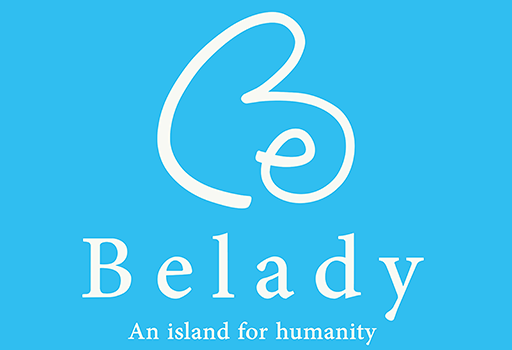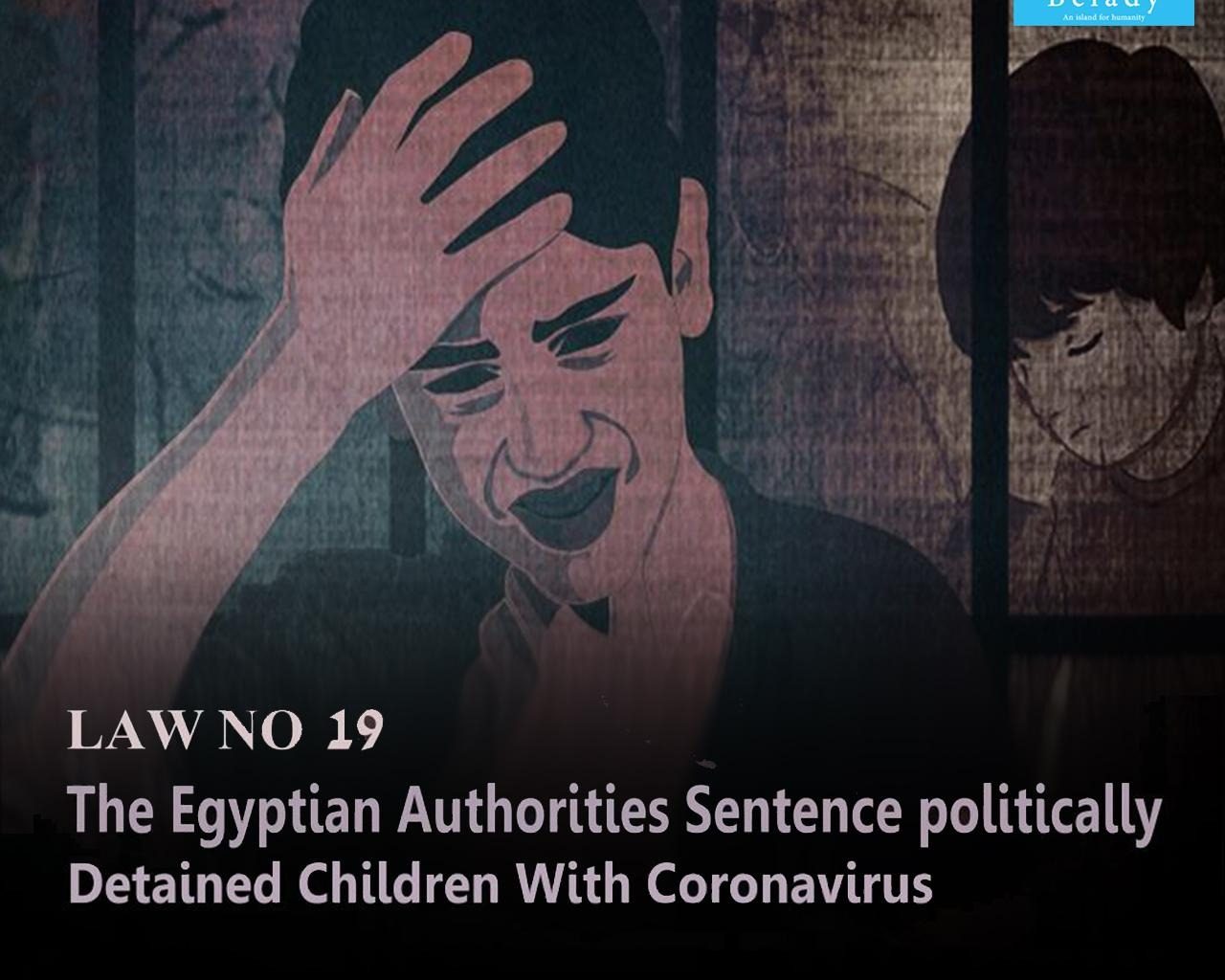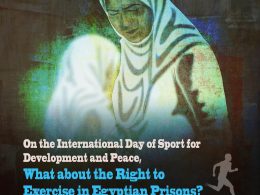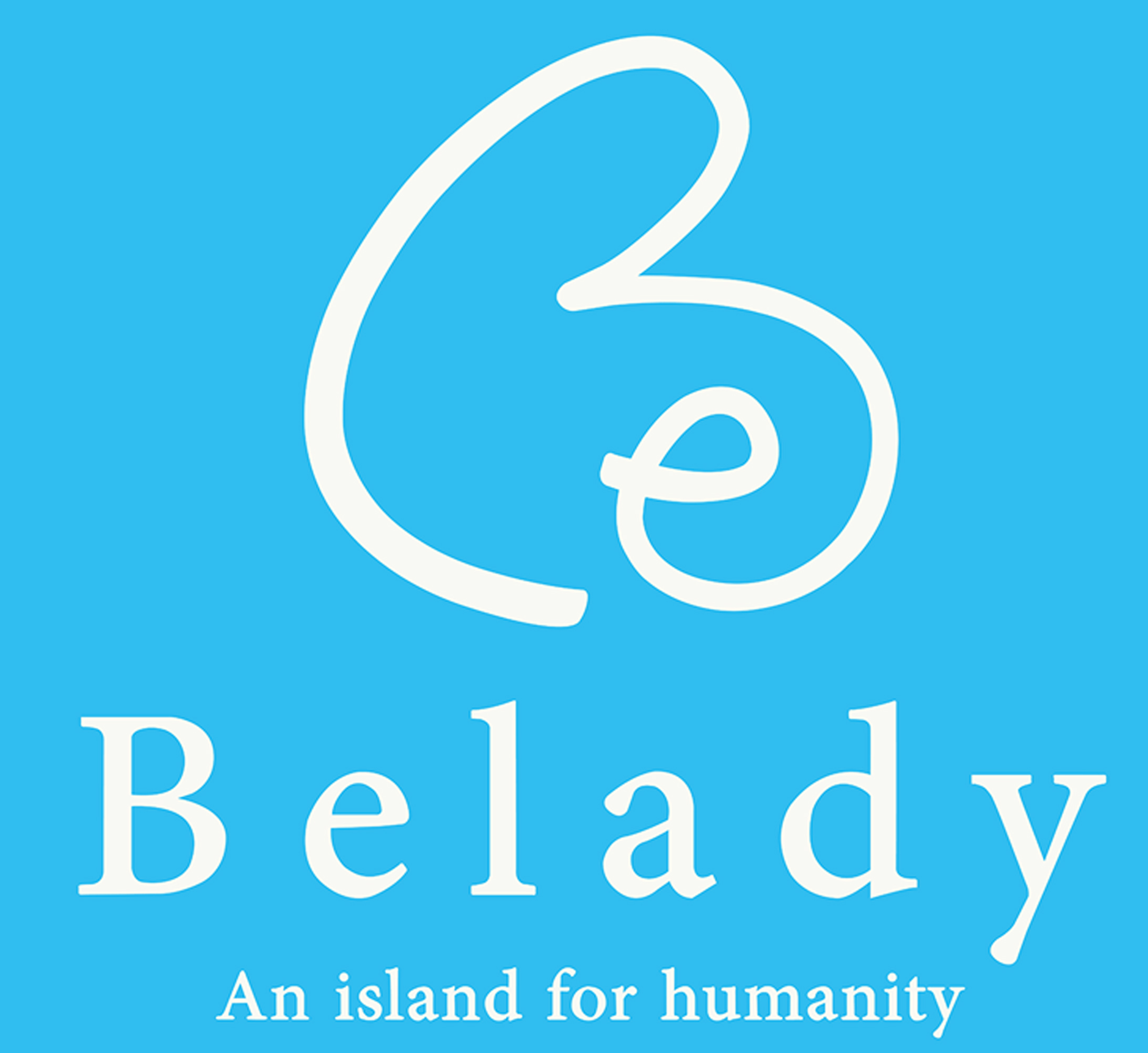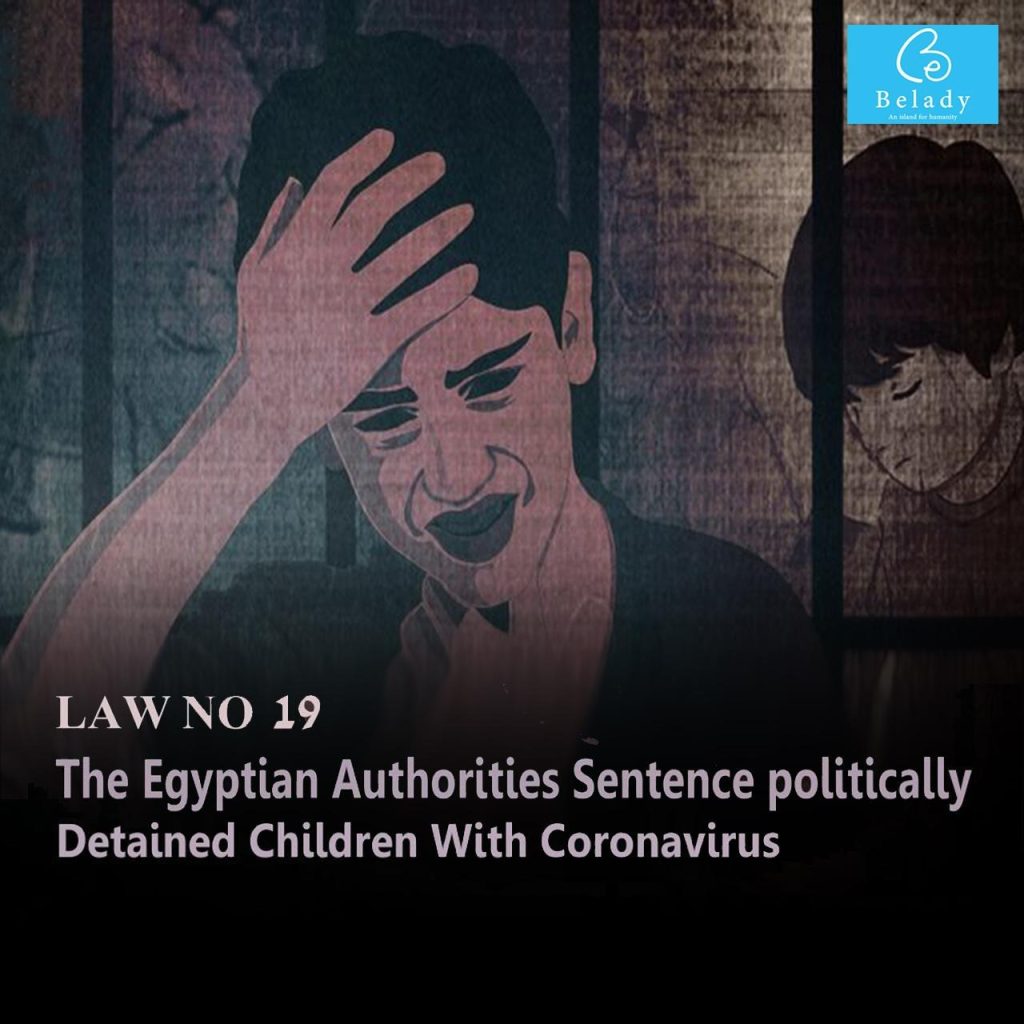
There are growing concerns about the lives of politically detained children and minors in light of the Egyptian authorities failure to release them before the spread of coronavirus in prisons. Meanwhile, President Abd al-Fatah al-Sisis declaration of Law No.19, 2020, which bans the conditional release of individuals arrested for terrorism and unauthorized gathering charges, came to confirm the official authorities lack of intention to release them.
Belady Center for Rights and Freedoms documents the detention of 60 children and 75 minors in Egyptian prisons, in light of the security forces practices of forced disappearance and withholding information about their prisoners. More than a third of our documented cases will lose their chances of early release under Sisis new Law No.19
The Egyptian government continues to ignore calls by rights organizations to release political prisoners and end the overcrowding, substituting these demands with incomplete pre-emptive measures. The government announced its intention to sanitize all detention centers throughout the republic, and banned outside visits to prisons until further notice. However, our interview with families of detained children revealed that the sterilization efforts were limited to rooms of officers, without wards.
The extreme overcrowding in Egyptian prisons presents a significant obstacle for the implementation of the health recommendations against the coronavirus, such as social distancing. The National Center for Human Rights estimates the overcrowding in some detention centers by 300%.
Furthermore, the detention centers suffer from a lack of ventilation systems and hygiene facilities, which increases the risk of turning wards into hotbeds of the spread of the virus.
Meanwhile, the prison authorities refrain from distributing personal-hygiene necessities and cleaning supplies to inmates but permit their entries during visits. However, our interview revealed that the Egyptian government prohibited the entry of cleaning supplies to the inmates during visits, with the beginning of the coronavirus outbreak.
The Egyptian Initiative for Personal Rights found in a previous study that the living conditions inside the Egyptian detention centers cause diseases and sickness to the inmates, emphasizing the massive spread of insects. The study revealed that some wards do not have toilets, adding that prisoners access them according to specific dates. Some prisoners resort to using pots and bottles as alternatives.
The Egyptian governments lack of concerns about the well-being of its politically detained children does not absolve it from the responsibility of protecting them; neither It exempts it from accountability for its failure to protect their lives.
The Egyptian governments lack of concehttps://beladyrf.org/sites/default/files/2020-05/Law%20No.19_1.pdfrns about the well-being of its politically detained children does not absolve it from the responsibility of protecting them; neither It exempts it from accountability for its failure to protect their lives.
Belady Center for Rights and Freedoms urges the Egyptian authorities to immediately release all politically detained children and minors due to their unlawful detention and the Egyptian authorities lack of ability to ensure their well-being.
1- Cancel Law. No.19, 2020, which prevents the early release of prisoners of terrorism and gathering charges.
2- Reduce overcrowding in penal institutions and places of detention to enable the implementation of the World Health Organization of social distancing.
3- Distribute cleaning supplies on inmates for free, and improve the health and hygiene conditions in prions.
4- Carry out awareness campaigns in detention centers to inform inmates about the coronavirus, its dangers, conditions, and prevention mechanisms.
